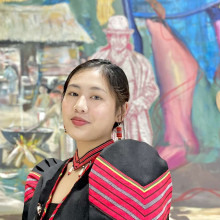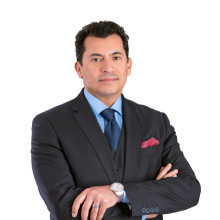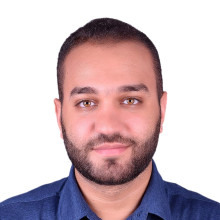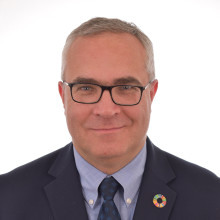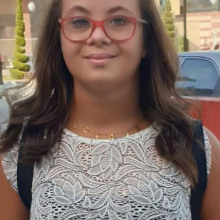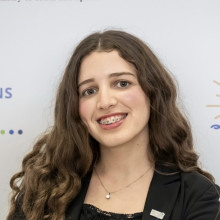
Rehman Hassan
Moderator
Young people are consistently overlooked in decision-making processes that shape the future of our cities and communities. It's time for a change. They remain nearly invisible in public decision-making about urban environments. This exclusion limits their capacity to influence their futures and fosters mistrust and scepticism towards existing leadership and global policies. Rectifying this imbalance is crucial to empower youth and ensure their active participation in shaping a future that aligns with their vision and aspirations.
This roundtable serves as a call to action to confront the significant underrepresentation of youth in decision-making that affects urban development and sustainability. This roundtable aims to challenge and change the status quo by empowering youth to actively shape the cities and communities of tomorrow. We will explore strategies to integrate their unique perspectives and innovative solutions, ensuring they play a meaningful role in achieving the Sustainable Development Goals (SDGs).
This event will kick off with local examples of successful youth participation in addressing critical issues such as safeguarding adequate housing, tackling the climate crisis, fostering cross-sector collaboration and driving digitalization. These case studies will highlight the impactful contributions of young individuals and the innovative solutions they bring to the table.
Following these presentations, a dynamic panel discussion will explore how all stakeholders can ensure that young voices are central to creating safe, inclusive and sustainable cities. The conversation will delve into effective strategies for meaningfully engaging young people, identifying the right mechanisms to facilitate their active participation and fostering an environment where their ideas can thrive.
Join us as we bring together thought leaders, policymakers and young changemakers to envision a future where youth are not just participants but key architects of urban development. This session promises to inspire, challenge and catalyse action towards a more inclusive and sustainable urban future.
Linkage with WUF12 theme
The roundtable discussion focuses on enhancing youth engagement in sustainable urban development and achieving the SDGs. It unfolds in three thematic sections:
It All Starts Locally: This section addresses the critical yet often overlooked role of urban youth in sustainability initiatives. It aims to evaluate current youth engagement levels, showcase their innovative contributions and identify barriers to their involvement. The presentations will explore strategies to enhance youth participation in local decision-making processes, emphasizing the need to leverage their energy, innovation and adaptability. Presentations will highlight the different dialogue topics: safeguarding adequate housing, tackling the climate crisis, fostering cross-sector collaboration and driving digitalization.
It All Starts Together (Stronger Together): The discussion will explore how all stakeholders can ensure that young voices are central to creating safe, inclusive, and sustainable cities. It will delve into effective strategies for meaningfully engaging young people and identifying the right mechanisms to facilitate their active participation. The session will also address the essential partnerships that need to be formed to develop policies and initiatives aimed at supporting the most marginalized groups. (Key topics will include enhancing access to digital infrastructure, improving the availability of basic services, and ensuring safety for all young residents in urban areas.)
It All Starts Now: This final section reaffirms the United Nations' commitment, as outlined in the Pact for the Future, to integrate youth in shaping the future sustainably. It emphasizes the importance of nurturing environments that support the full realization of young people's rights and capabilities and stresses the need for meaningful youth participation in UN initiatives and beyond.


